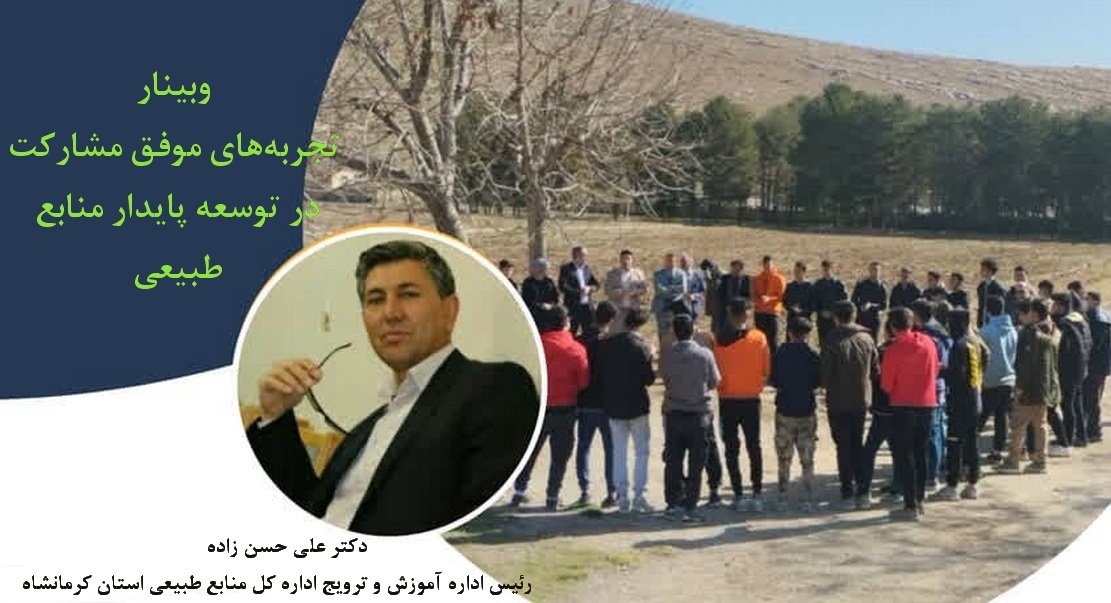The Road to COP26

“Climate change is the defining issue of our time – and we are at a defining moment […] It is not too late to shift course, but every day that passes means the world heats up a little more and the cost of our inaction mounts. Every day we fail to act is a day that we step a little closer towards a fate that none of us wants -- a fate that will resonate through generations in the damage done to humankind and life on earth. Our fate is in our hands. The world is counting on all of us to rise to the challenge before it’s too late.” These words were shared by the United Nations Secretary-General Antonio Guterres.
Climate Change
“Climate change is the defining issue of our time – and we are at a defining moment […] It is not too late to shift course, but every day that passes means the world heats up a little more and the cost of our inaction mounts. Every day we fail to act is a day that we step a little closer towards a fate that none of us wants -- a fate that will resonate through generations in the damage done to humankind and life on earth. Our fate is in our hands. The world is counting on all of us to rise to the challenge before it’s too late.” These words were shared by the United Nations Secretary-General Antonio Guterres.
Tackling climate change is critical to a sustainable future. We must halve emissions by 2030, and make a transition to carbon-neutral economies by 2050, if we are to prevent irreversible runaway climate change. People’s lives and livelihoods around the world are threatened by food and water scarcity, extreme weather events and climate-change induced displacement. The annual average economic losses from climate-related disasters are in hundreds of billions of dollars.
Sustainable Development Goal 13 on climate action aims to address the needs of developing countries to both adapt to climate change impacts and invest in development pathways that lead to net-zero emissions by 2050. The scientific community is urging to keep global mean temperature increase to 1.5° C. Meeting this urgent and ambitious target will require collective action, along with strong political will, technology and increased investment.
United Nations Framework Convention on Climate Change (UNFCCC)
The UNFCCC entered into force on 21 March 1994. Today, it has near-universal membership. The 197 countries that have ratified the Convention are called Parties to the Convention. Preventing “dangerous” human interference with the climate system is the ultimate aim of the UNFCCC.
The parties to this convention acknowledged that “change in the Earth's climate and its adverse effects are a common concern of humankind.”
What is the Conference of the Parties (COP)?
The COP is the supreme decision-making body of the Convention. All
States that are Parties to the Convention are represented at the COP, at
which they review the implementation of the Convention and any other
legal instruments that the COP adopts and take decisions necessary to
promote the effective implementation of the Convention, including
institutional and administrative arrangements.
A key task for the COP is to review the national communications and
emission inventories submitted by Parties. Based on this information,
the COP assesses the effects of the measures taken by Parties and the
progress made in achieving the ultimate objective of the Convention.
The COP meets every year, unless the Parties decide otherwise. The first COP meeting was held in Berlin, Germany in March 1995.
Glasgow COP26
For nearly three decades the UN has been bringing together almost every country on earth for global climate summits – called COPs – which stands for ‘Conference of the Parties’. In that time, climate change has gone from being a fringe issue to a global priority.
This year will be the 26th annual summit – giving it the name COP26. With the UK as President, COP26 takes place in Glasgow.
In the run up to COP26 the UK is working with every nation to reach agreement on how to tackle climate change. More than 190 world leaders will arrive in Scotland. Joining them will be tens of thousands of negotiators, government representatives, businesses and citizens for twelve days of talks.
Not only is it a huge task but it is also not just yet another international summit. Most experts believe COP26 has a unique urgency.
Aims of the COP26 negotiations
The outcome to accelerate action to:
- Reduce emissions
- Strengthen adaptation and resilience to climate impacts
- Scale up finance and support
In doing so it should:
- Protect and restore nature
- Follow the best available science
- Empower inclusive action
Negotiation issues
At COP26 delegates will be aiming to finalize the ‘Paris Rulebook’, the rules needed to implement the 2015 Paris Agreement, and conclude outstanding issues from COP25 in Madrid. They will also seek to deliver on all essential negotiating items for 2020 and 2021.
From our extensive engagement with countries, the most commonly raised priorities include:
Enabling ambition through carbon markets.
Rules for the transparent reporting of action and support.
- Common timeframes for emission reduction commitments.
- Enabling enhanced adaptation action.
- Averting, minimizing and addressing loss and damage.
- Means of implementation, including the initiation of deliberations on a new goal for global climate finance after 2025.
- Responding to the latest science and the ambition of current emission reduction targets.
- Promoting fair, inclusive climate action.
Click here to learn more about the negotiations.
Dates: 1-12 November 2021
Location: Glasgow, Scotland, UK
Contact: UNFCCC Secretariat
E-mail: secretariat@unfccc.int
Click here to learn more about COP26
Location |
Session |
Conference |
Madrid, |
||
Katowice, |
||
Bonn, |
||
Marrakech, |
||
Paris, |
||
Lima, |
||
Warsaw, |
||
Doha, |
||
Durban, |
||
Cancun, |

![]() ارسال به دوست
ارسال به دوست
| نام : | |
| ايميل : | |
| *نظرات : | |
| | |
| متن تصویر را وارد کنید: | |
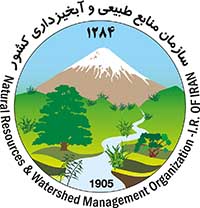


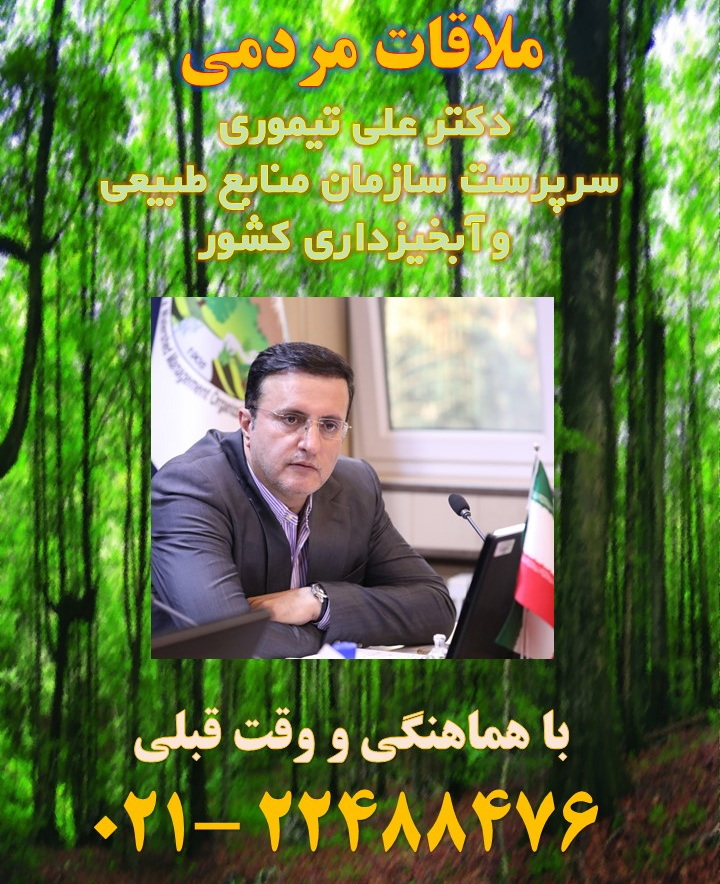
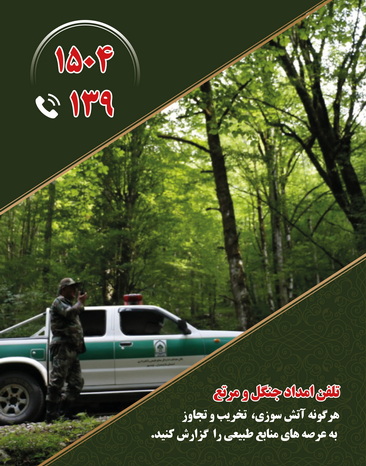
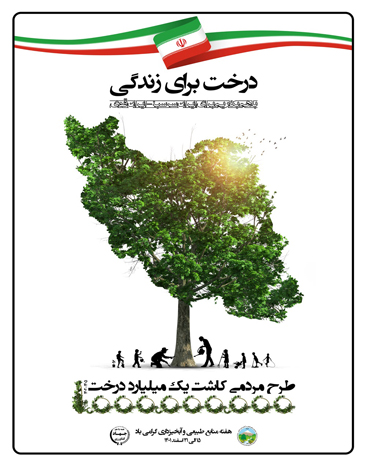
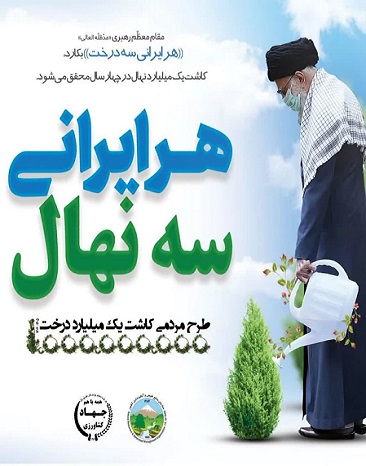
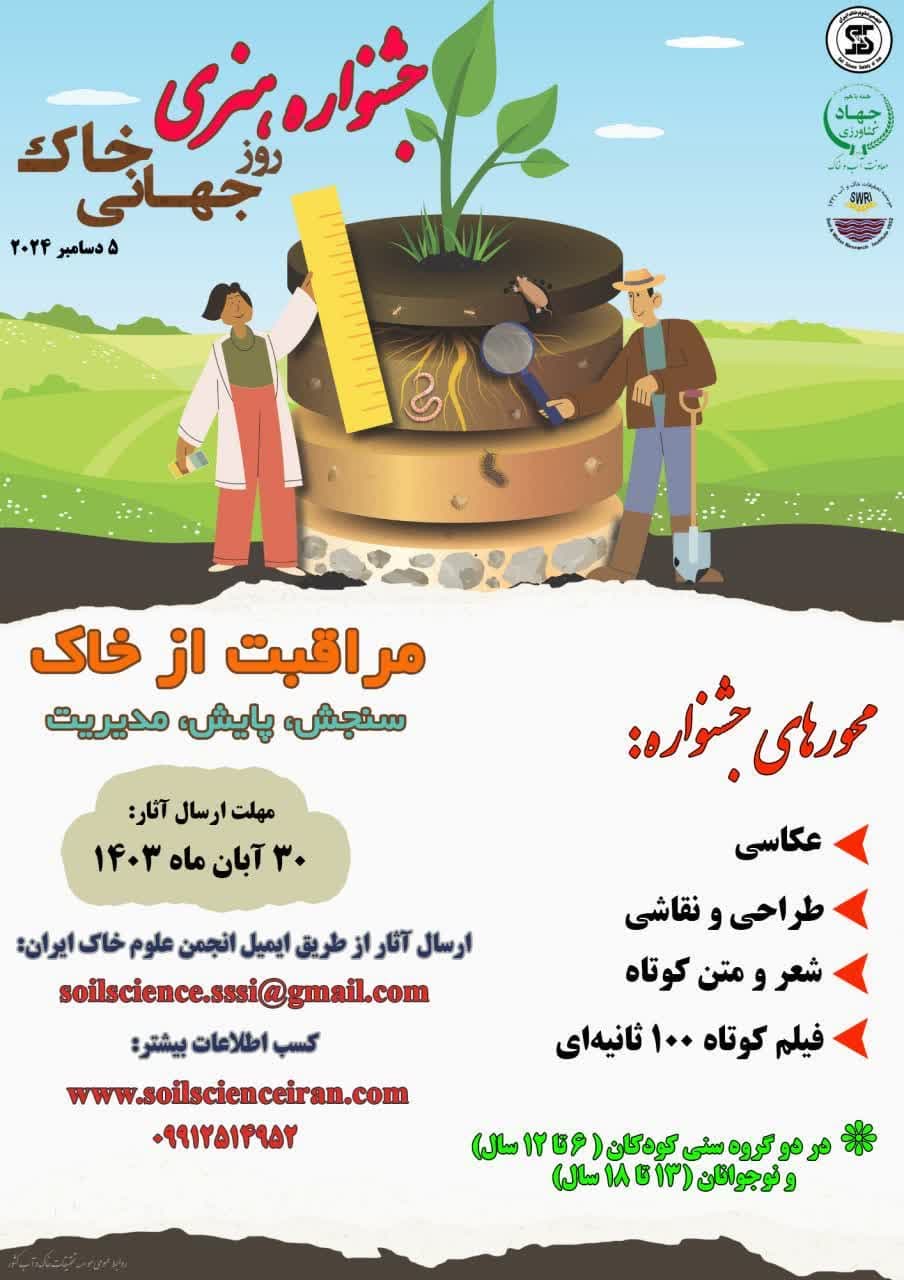


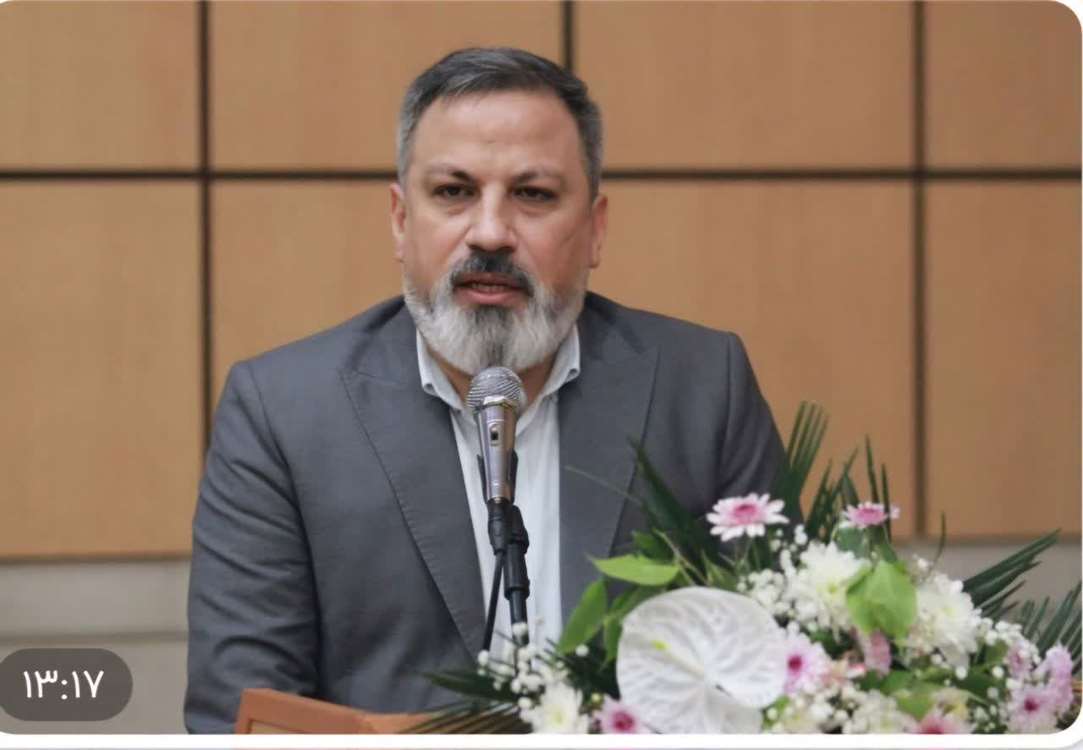
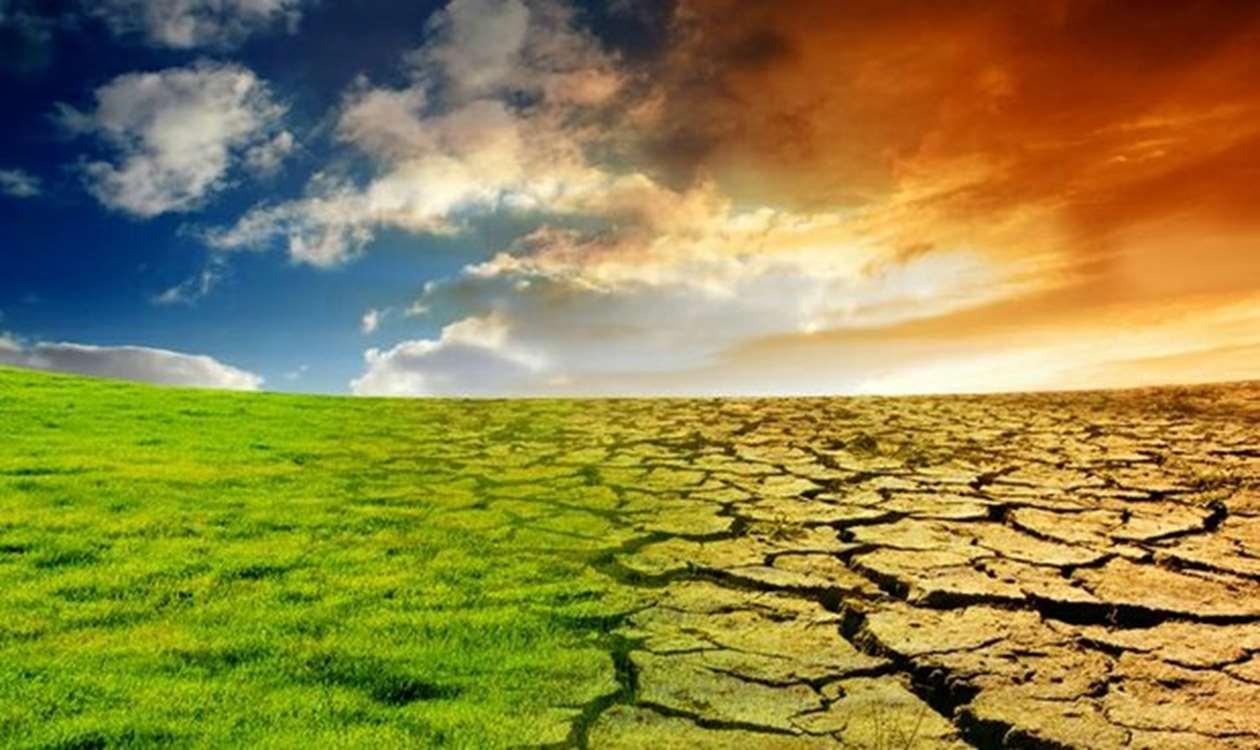
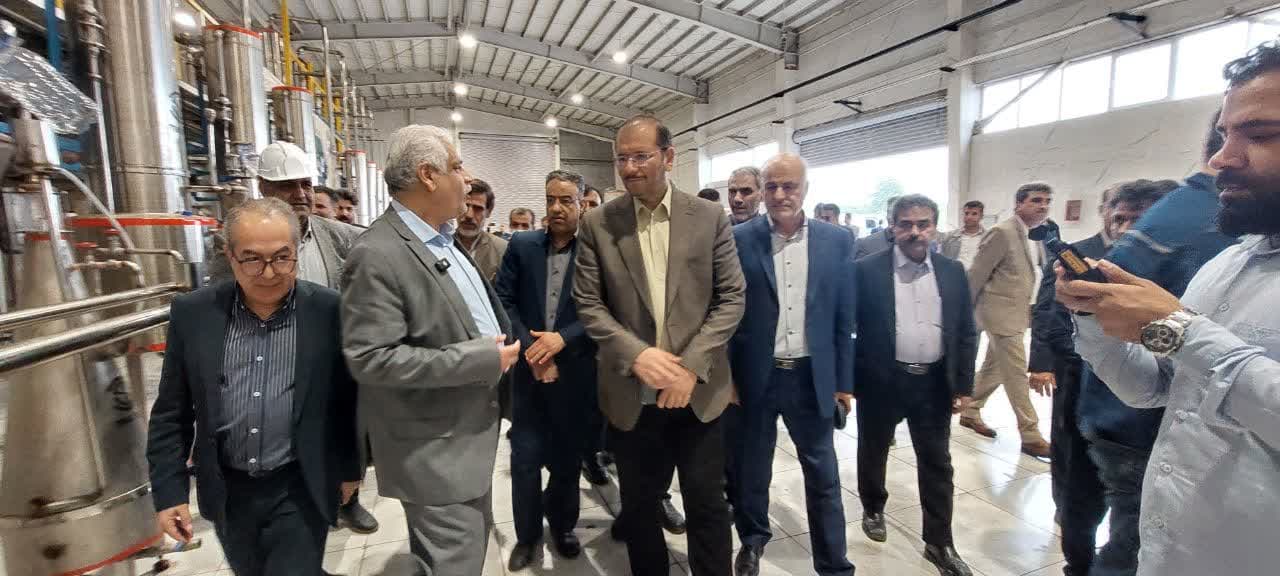
.jpg)
